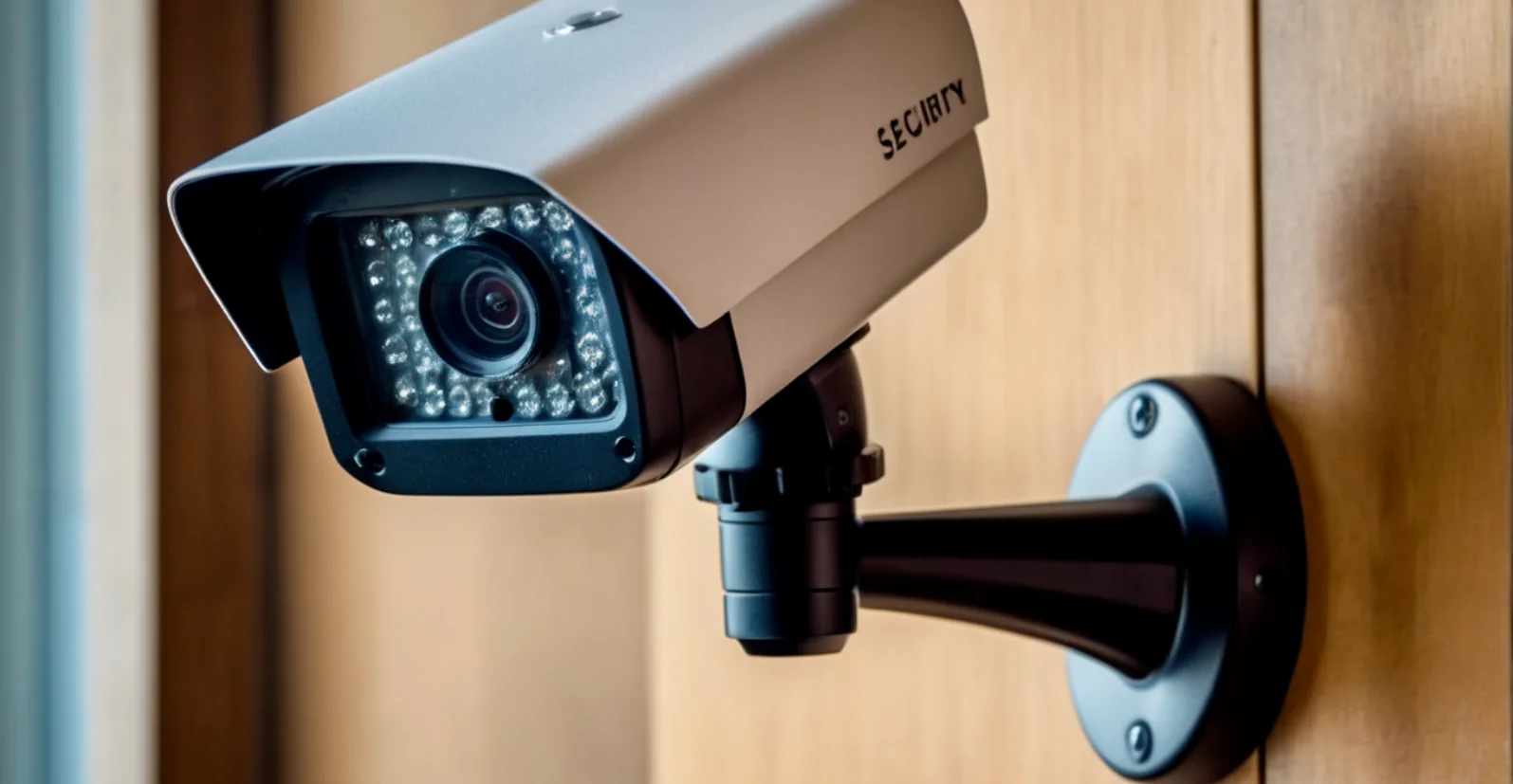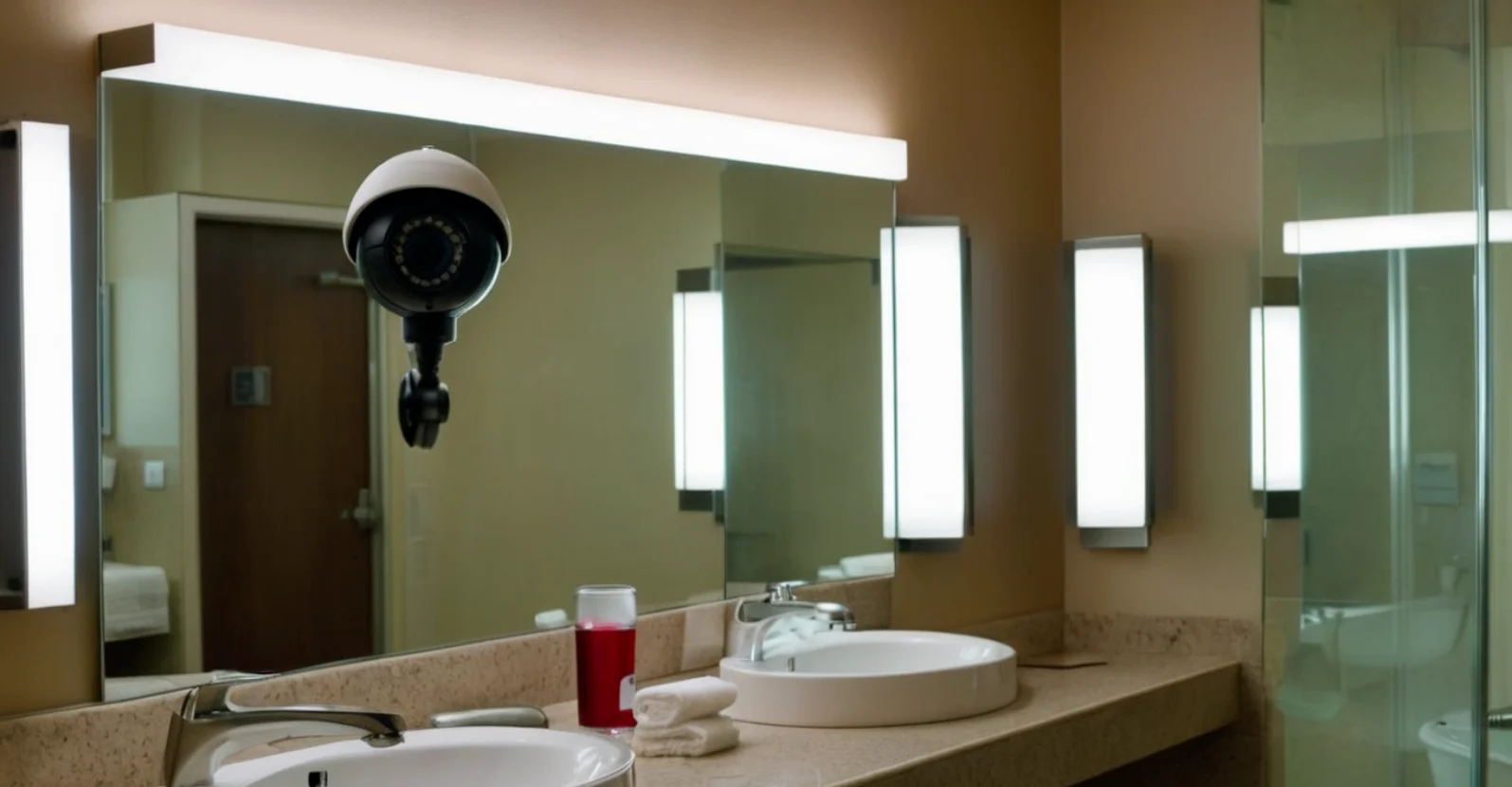Providing a safe, secure environment is a top priority for hotels looking to put guests at ease. A critical part of any hotel’s security plan is having a robust video surveillance system to monitor premises and deter criminal activity. But choosing the right security camera lenses is key to capturing high-quality footage and covering the necessary areas.
For hotels evaluating their security camera needs, there are a few key factors to take into account when selecting lenses:
Assessing Your Surveillance Goals
Before evaluating specific lenses, it’s important to take a step back and assess the goals of your hotel’s video surveillance plan. Key questions to consider:
- What are the priority areas you want to monitor? Entrances, hallways, parking lots, reception desks, restaurant dining rooms, pools, etc. Make a list.
- Do you need to capture license plates at driveways or spot employee theft at the front desk? Identify situations requiring detailed views.
- Are there large open spaces like lobbies or banquet halls needing wide coverage? Note areas requiring broad views.
- What times of day do certain areas need monitoring? Low light capabilities may be needed.
- What is your budget for security cameras and lenses? This will impact options.
Having a clear purpose for video surveillance will inform what type of lenses are best suited to your needs. Share these goals with security consultants to aid recommendations.
Fixed, Varifocal, and Motorized Zoom Lenses
Hotel security cameras generally utilize fixed, varifocal, or motorized zoom lenses. Each has advantages in certain situations:
- Fixed lenses have a set field of view that cannot be adjusted. Choices include wide-angle, telephoto, and standard lenses. Simple and budget-friendly, fixed lenses work well for stable, consistent views of unchanging areas.
- Varifocal lenses allow adjusting the zoom and field of view manually via dials or switches. This added flexibility suits areas with some variability. Varifocal lenses come at a higher cost than fixed.
- Motorized zoom lenses feature remote control pan, tilt and zoom (PTZ) functionality. The focal length can be adjusted automatically or by operators via software controls. PTZ lenses provide versatility to monitor changing conditions.
Consider a mix of fixed and varifocal lenses to balance flexibility and cost for hotel needs. PTZ lenses tend to be most useful in larger common spaces requiring sweeping visibility.
Assessing Lens Focal Length and Field of View
The focal length of a security camera lens significantly impacts the field of view it captures. Wider angle lenses have short focal lengths of 2 to 3mm, standard lenses are 4 to 8mm, and telephoto lenses range from 10 to 100mm. Key differences:
- Wide angle short focal length lenses provide up to a 180° field of view optimal for monitoring large open lobby spaces, banquet halls, and perimeter fences or surveillance of an entire room.
- Standard focal length lenses around 4 to 8mm offer 60° to 80° FOV well-suited to hallways, stairwells, and parking lots.
- Telephoto longer focal length lenses offer narrow 20° to 40° FOV enabling clear images at greater distances ideal for driveways, building entrances, loading docks, etc.
Selecting lenses with focal lengths optimized for each area ensures ideal visibility based on site layout. Valuable views are not lost.
Lens Aperture, Resolution, and Low Light Capabilities
Other technical factors also impact lens selection for hotel security cameras:
- The aperture controls how much light passes through to the camera sensor. Larger aperture lenses perform better in low light.
- Lens resolution must match the camera resolution. 720p cameras need lower resolution lenses than 4K cameras.
- Low light lenses with large apertures provide clear nighttime views without motion blur. Infrared (IR) compatible lenses are another option.
- Motorized lenses may feature autofocus capabilities to optimize clarity in changing conditions.
Discuss low light needs, desired resolution, and other requirements with security consultants when sourcing lenses. Matching lenses designed to work well with the camera is key.
Partnering with Experienced Security Firms
Sourcing security camera equipment carries a learning curve. For hotels, the most effective approach is partnering with professional security firms well versed in assessing needs, creating surveillance designs, procuring optimized components like lenses, handles installation, and provides monitoring services.
These experienced partners serve as an extension of your team bringing years of expertise that translates into tailored solutions meeting your hotel surveillance objectives within budget. Take advantage of their knowledge when selecting lenses and camera equipment.
Maintenance Ensures Image Quality

Use compressed air and soft cloths to clear dust and gently clean exterior lens surfaces
Have technicians disassemble lenses to access interior for professional cleaning annually
Replace sealants, gaskets, coatings and molded lens covers showing wear
Proactive maintenance keeps hotel security lenses in peak condition over years of use.
The Surveillance Results Speak Volumes
Choosing the specialized lenses optimized for each location’s field of view, lighting conditions, and coverage needs ensures hotel security cameras can capture comprehensive, high-quality video. As a deterrent to potential threats and evidence if incidents occur, the footage provides invaluable protection.
With the insights of security partner experts, hotel managers can select a mix of tailored wide angle, standard and telephoto lens solutions that together provide complete situational awareness across the property. The proper lenses give security teams the visibility they need to keep guests and facilities safe – results hotels can see clearly.

